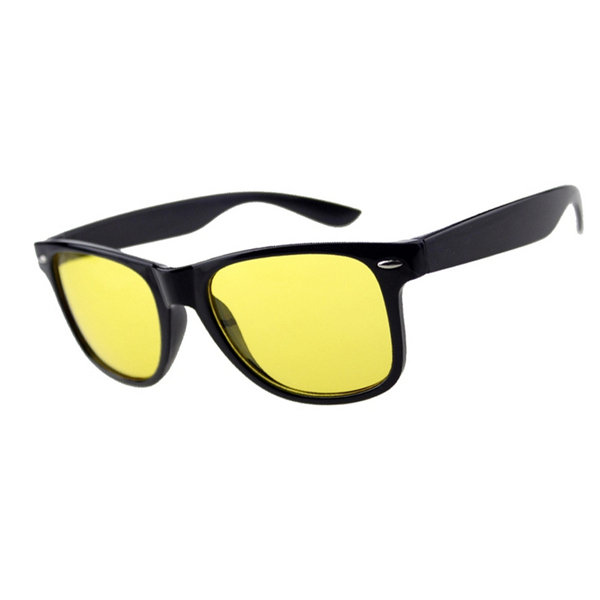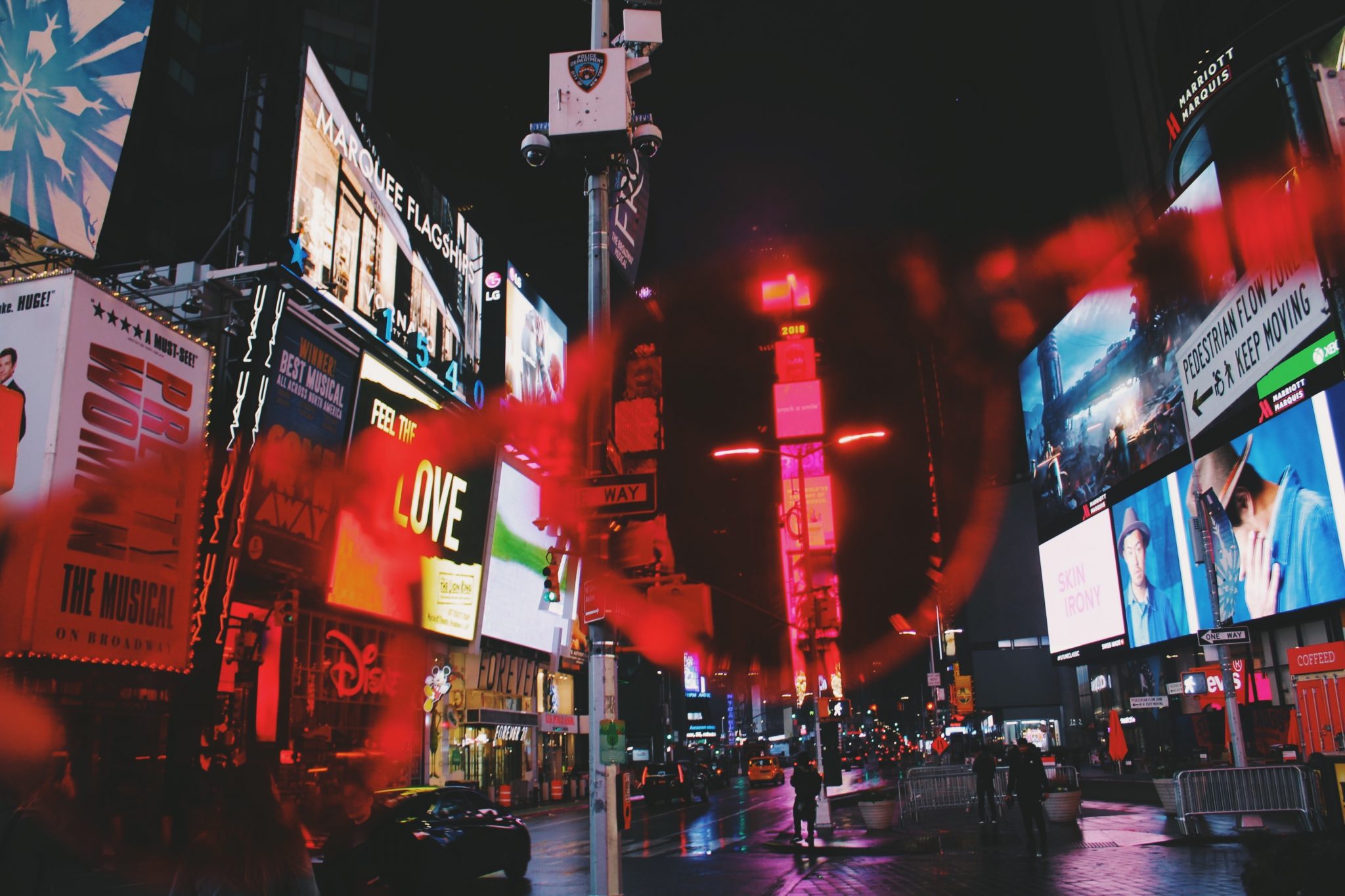A new study suggests that yellow lens glasses – touted to improve night-time vision – do not in fact help drivers see better and may actually worsen vision.
Reported by Reuters last week, US researchers found that yellow-lens wearing volunteers operating a driving simulator were no better at spotting a pedestrian when confronting oncoming headlights than those who wore clear lenses. And there was an indication that the yellow tinted lenses might even be making the situation worse.
Buyers of these products “have the concept that somehow these magic glasses can improve night-time driving,” said the study’s lead author, Alex Hwang, an instructor in ophthalmology at the Harvard Medical School and an investigator at the Schepens Eye Research Institute at Massachusetts Eye and Ear. “Wearing (tinted) glasses, whether they are yellow, red or blue, cuts out a chunk of light. Which means this is the same as wearing sunglasses while driving at night.”
Hwang’s advice: “Don’t waste your money on these kinds of glasses for night driving.”
Despite there being no evidence of effectiveness, yellow-lens glasses are sold widely, Hwang noted.

An ad for one brand of yellow-lens glasses sold on Amazon claims that “night vision glasses help reduce night driving glare and eye strain, yellow lenses help to enhance night vision, improve colour clarity and optical definition, enable to see better when driving at night or cloudy, rainy days, making night driving safer and easier.”
To determine whether yellow-lens glasses could actually improve drivers’ night vision, Hwang and his colleagues set up an experiment using a specially designed driving simulator that included the option of bright oncoming headlights.
During the experiment, volunteers were told to press the horn as soon as they saw a pedestrian. Pedestrians were clad in either a dark blue navy shirt or an orange shirt. In some runs, the volunteers were subjected to bright headlights and in others they were “driving” in the dark.
While glare from headlights did seem to slow the speed with which the younger group spotted the pedestrian, wearing yellow lenses did not improve things. In fact, the yellow lenses appeared to slow their response time, but that finding was not statistically significant.
Luke Arundel, chief clinical officer for Optometry Australia, found the study interesting and hopes drivers take note.
“Safe driving at night requires the ability to see in low light levels, beyond the range of the car headlights. It also requires the ability to recover quickly from the glare of oncoming headlights. Night vision deteriorates with age for all of us.
“We don’t want people to feel a false sense of security when using yellow glasses, which are not shown to improve vision,” he said.
“If you are troubled by glare or concerned about your vision while driving, make an appointment to see your optometrist. He or she will be able to inform you about options available that may be able to improve your vision on the road.”
Click here to find an optometrist near you.




